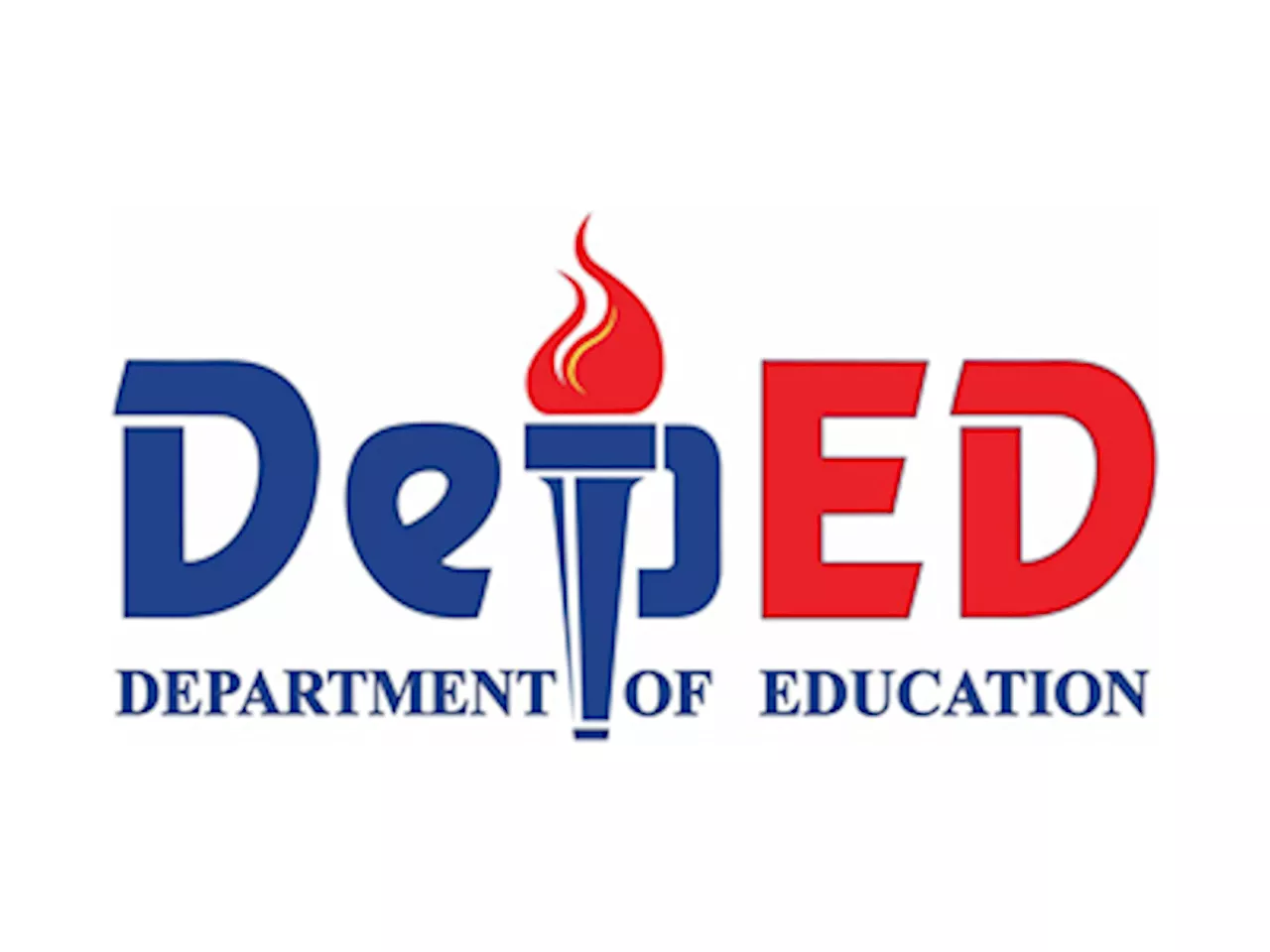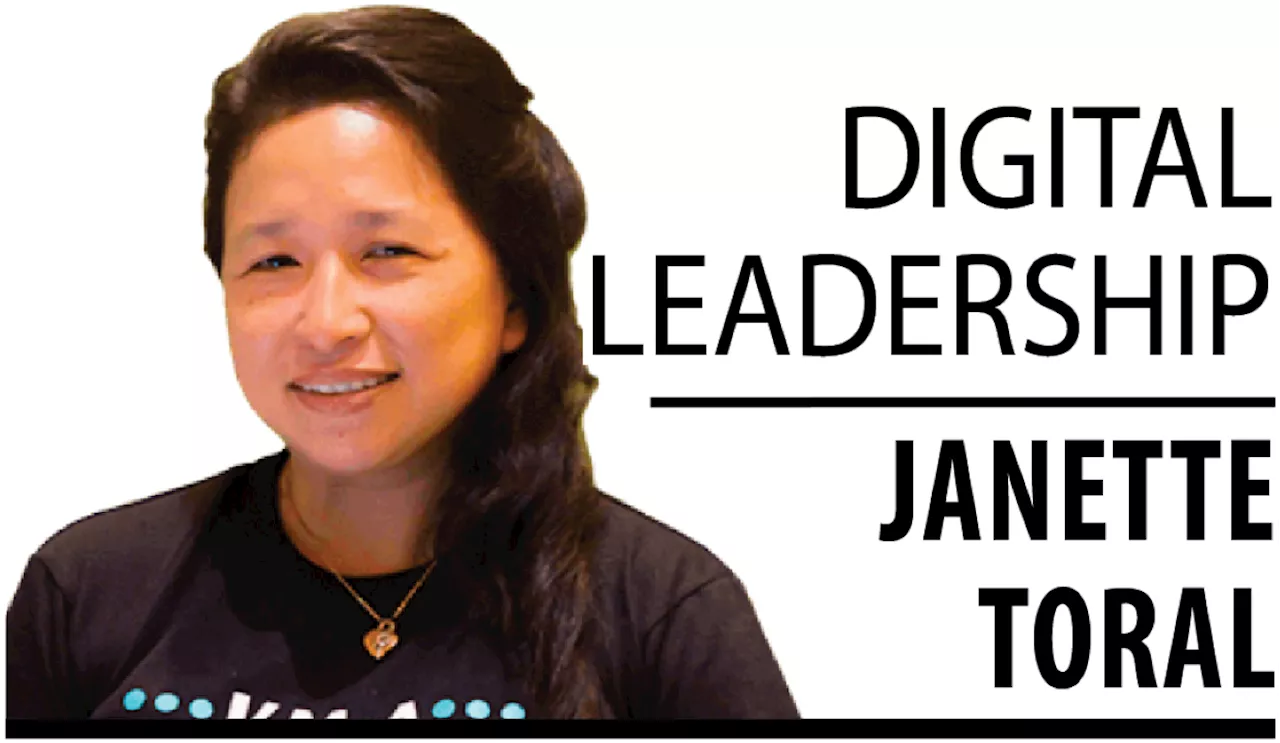Facing increasing regulatory scrutiny, Google is proactively shaping the narrative around AI by investing heavily in education programs to prepare the workforce for the AI-driven future.
SAN FRANCISCO, California — Alphabet's Google , already facing an unprecedented regulatory onslaught, is looking to shape public perception and policies on artificial intelligence (AI) ahead of a global wave of AI regulation. A key priority, one executive told Reuters, comes in building out educational programs to train the workforce on AI.
'Getting more people and organizations, including governments, familiar with AI and using AI tools makes for better AI policy and opens up new opportunities — it's a virtuous cycle,' said Kent Walker, Alphabet's president of global affairs. This comes as Google races to best Big Tech rivals, including Microsoft-backed OpenAI and Meta, in the AI arena. It is mindful of the heavy regulatory scrutiny it faces in its existing businesses in advertising and search. In the European Union, Google has offered to sell a part of its ad tech business to appease regulators, Reuters reported. In the US, the Justice Department is attempting to force a breakup of its Chrome Web browser — though it may shift course under the administration of President Donald Trump. Meanwhile, governments globally are drafting new regulations on issues that could be exacerbated by AI, such as copyright and privacy. The EU AI Act, which seeks to assess risk and require disclosures from general-purpose AI systems, has received pushback from tech giants that could find themselves in the crosshairs of multibillion-dollar fines. The DOJ has also sought to curtail Google's advances in AI as a remedy in a federal case that found its search business to be an illegal monopoly. Google executives see an opportunity to shape the narrative around a technology that has stoked emerging fears of mass job loss. CEO Sundar Pichai announced in September a $120-million investment fund to build AI education programs. Deputies, including Walker and Ruth Porat, president and chief investment officer, are increasingly traveling globally to discuss policy recommendations with governments. 'There's a lot of upside in terms of helping people who may be displaced by this. We do want to focus on that,' Walker said. Efforts include expanding Grow with Google, a combination of online and in-person programs that provides training tools for businesses and teaches workers skills like data analysis or IT support that are meant to expand their career prospects in technical fields. In December, the company said 1 million people had obtained a certificate for the program. It is adding specialized courses related to AI, such as one geared toward teachers, said program head Lisa Gevelber. Courses alone are not enough to prepare workers, Walker said. 'What really matters is if you have some sort of objective that people are working towards, like a credential that people can use to apply for a job.' Google wants to increase experimentation on public-private partnerships, he said. The leading example so far, he said, is the 'Skilled Trades and Readiness' program, in which the company has partnered with community colleges to train workers for potential jobs constructing data centers. Google is incorporating AI education into the program, he said. 'Ultimately, the federal government will look and see which proofs of concept are playing out — which of the green shoots are taking root,' Walker said. 'If we can help fertilize that effort, that's our role.' In the long term, Walker said he expects a small fraction of existing jobs to be entirely displaced by AI, citing several studies commissioned by Google, Goldman Sachs and McKinsey. Those studies suggest AI will be incorporated into most jobs in some capacity. As part of Google's efforts to prepare for this shift, it hired economist David Autor as a visiting fellow to study the impacts of AI on the workforce. Autor said in an interview that AI could be used to create more immersive training programs akin to flight simulators. 'The history of adult retraining is not particularly glorious,' he said. 'Adults don't want to go back to class. Classroom training is not going to be the solution to a lot of retraining.
AI Google Education Regulation Workforce Job Displacement Policy
Philippines Latest News, Philippines Headlines
Similar News:You can also read news stories similar to this one that we have collected from other news sources.
 Google boosts businesses with AI integration in Google WorkspaceTo help boost workflows in businesses, Google announces the inclusion of the best of Google AI within Google Workspace Business and Enterprise plans,
Google boosts businesses with AI integration in Google WorkspaceTo help boost workflows in businesses, Google announces the inclusion of the best of Google AI within Google Workspace Business and Enterprise plans,
Read more »
 Philippines and Malaysia Discuss Education Ties and Scholarship OpportunitiesEducation Secretary Sonny Angara met with Malaysian Ambassador Dato' Abdul Malik Melvin Castelino to explore potential education collaborations and scholarship programs for Filipinos. Discussions focused on enhancing the Philippines Madrasah Education Program, workforce development through Technical and Vocational Education and Training (TVET), and new Malaysian scholarship opportunities. The meeting emphasized Malaysia's expertise in Islamic education and its potential to strengthen the Alive program in the Bangsamoro Autonomous Region in Muslim Mindanao (BARMM). Angara also highlighted the importance of revisiting the 2014 Memorandum of Understanding on Education Cooperation to align with emerging priorities, including industry-focused initiatives like the Halal sector.
Philippines and Malaysia Discuss Education Ties and Scholarship OpportunitiesEducation Secretary Sonny Angara met with Malaysian Ambassador Dato' Abdul Malik Melvin Castelino to explore potential education collaborations and scholarship programs for Filipinos. Discussions focused on enhancing the Philippines Madrasah Education Program, workforce development through Technical and Vocational Education and Training (TVET), and new Malaysian scholarship opportunities. The meeting emphasized Malaysia's expertise in Islamic education and its potential to strengthen the Alive program in the Bangsamoro Autonomous Region in Muslim Mindanao (BARMM). Angara also highlighted the importance of revisiting the 2014 Memorandum of Understanding on Education Cooperation to align with emerging priorities, including industry-focused initiatives like the Halal sector.
Read more »
 DepEd to Collaborate with DBM and DOF for Enhanced Education Funding in 2025The Department of Education (DepEd) is working with the Department of Budget and Management (DBM) and the Department of Finance (DOF) to implement key basic education programs in 2025. While the education sector received the largest allocation in the 2025 General Appropriations Act (GAA), DepEd aims to secure additional funding through unprogrammed appropriations and other constitutional mechanisms, particularly for the DepEd Computerization Program (DCP). Education Secretary Sonny Angara emphasizes the importance of inter-agency cooperation to address funding gaps and ensure the delivery of quality education.
DepEd to Collaborate with DBM and DOF for Enhanced Education Funding in 2025The Department of Education (DepEd) is working with the Department of Budget and Management (DBM) and the Department of Finance (DOF) to implement key basic education programs in 2025. While the education sector received the largest allocation in the 2025 General Appropriations Act (GAA), DepEd aims to secure additional funding through unprogrammed appropriations and other constitutional mechanisms, particularly for the DepEd Computerization Program (DCP). Education Secretary Sonny Angara emphasizes the importance of inter-agency cooperation to address funding gaps and ensure the delivery of quality education.
Read more »
 Teachers Allege 2025 Budget Violates Constitution, Threatens Educators' RightsThe Teachers' Dignity Coalition (TDC) has raised concerns that the newly approved 2025 national budget may contradict the Philippine Constitution by insufficiently funding educators. They cite Article XIV, Section 5 (5), which mandates the highest budgetary priority for education, arguing that the budget should prioritize the basic education system and attract and retain high-quality teachers through adequate remuneration. While the government allocated a total of P1.055 trillion for education agencies, TDC contends that this figure includes funds for non-teaching institutions, potentially undermining the constitutional commitment to education.
Teachers Allege 2025 Budget Violates Constitution, Threatens Educators' RightsThe Teachers' Dignity Coalition (TDC) has raised concerns that the newly approved 2025 national budget may contradict the Philippine Constitution by insufficiently funding educators. They cite Article XIV, Section 5 (5), which mandates the highest budgetary priority for education, arguing that the budget should prioritize the basic education system and attract and retain high-quality teachers through adequate remuneration. While the government allocated a total of P1.055 trillion for education agencies, TDC contends that this figure includes funds for non-teaching institutions, potentially undermining the constitutional commitment to education.
Read more »
 Archaeology: Uncovering the Past to Shape the FutureThis article explores the author's career in archaeology and its impact on their personal and professional growth. It emphasizes the importance of studying past societies to understand current challenges and find solutions. The author highlights their work with the Ifugao rice terraces in the Philippines, showcasing their dynamic nature and the community's adaptation to change.
Archaeology: Uncovering the Past to Shape the FutureThis article explores the author's career in archaeology and its impact on their personal and professional growth. It emphasizes the importance of studying past societies to understand current challenges and find solutions. The author highlights their work with the Ifugao rice terraces in the Philippines, showcasing their dynamic nature and the community's adaptation to change.
Read more »
 Digital Transformations: AI, E-commerce, and Sustainability Shape the FutureThis year, the digital landscape was defined by three key trends: the rapid advancement of artificial intelligence, the growth of e-commerce as a cornerstone of global trade, and the increasing integration of sustainability into digital business practices. These developments transformed industries and redefined how businesses, governments, and individuals interact with technology.
Digital Transformations: AI, E-commerce, and Sustainability Shape the FutureThis year, the digital landscape was defined by three key trends: the rapid advancement of artificial intelligence, the growth of e-commerce as a cornerstone of global trade, and the increasing integration of sustainability into digital business practices. These developments transformed industries and redefined how businesses, governments, and individuals interact with technology.
Read more »
